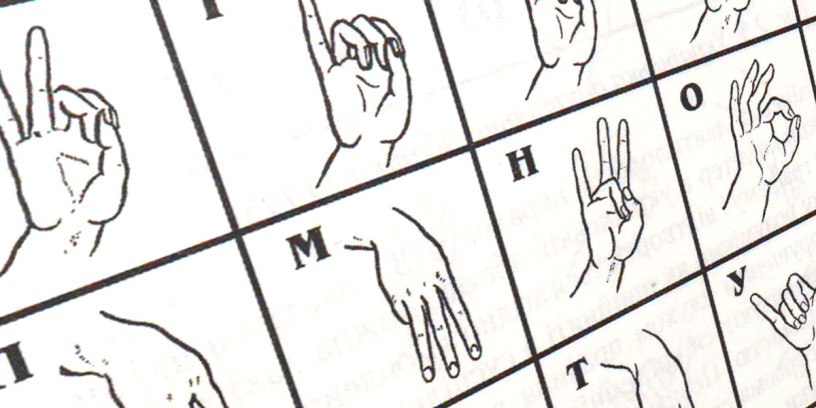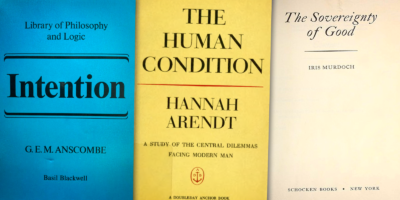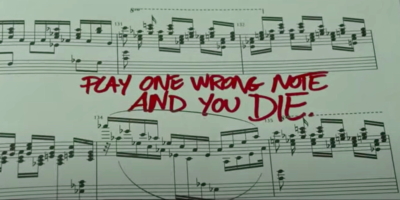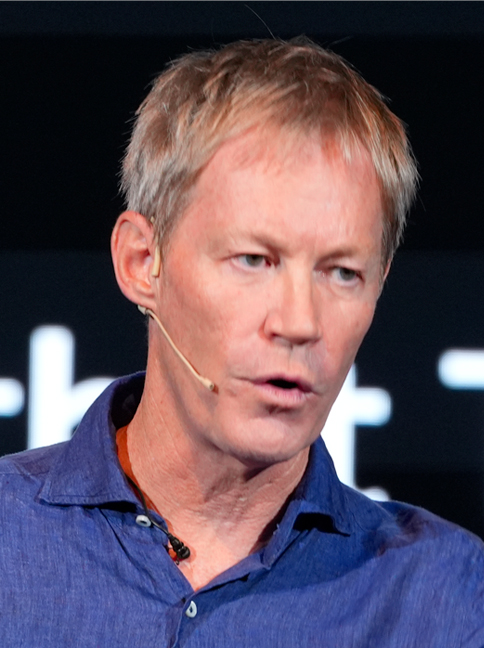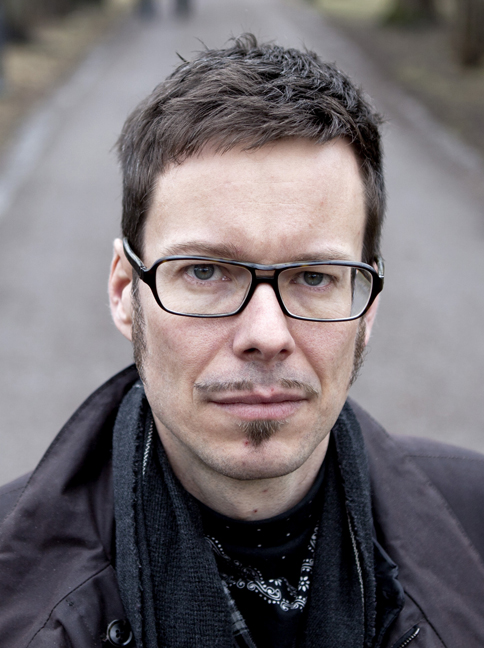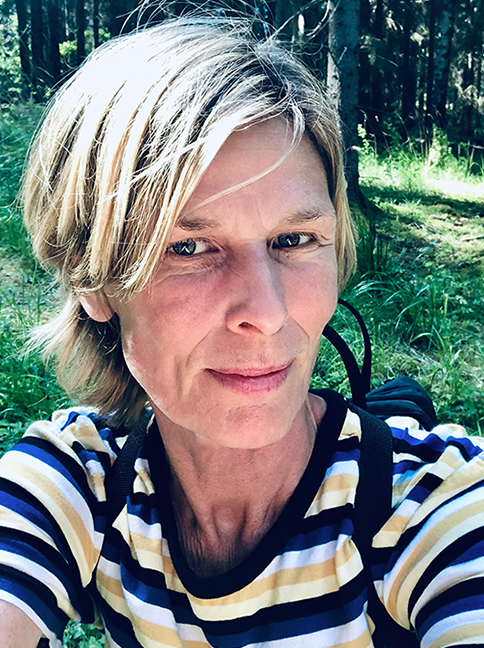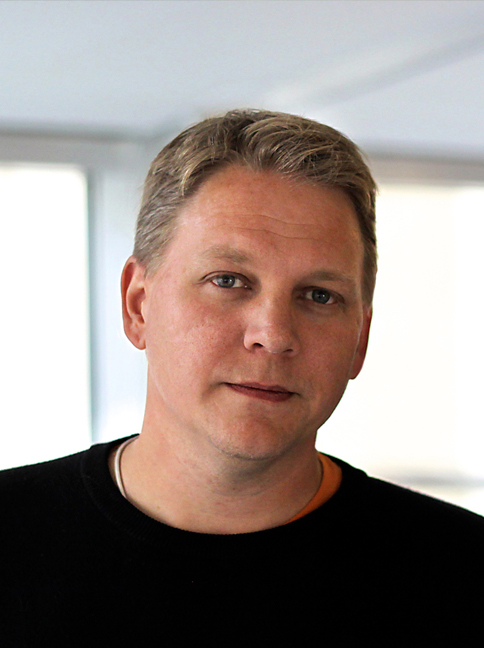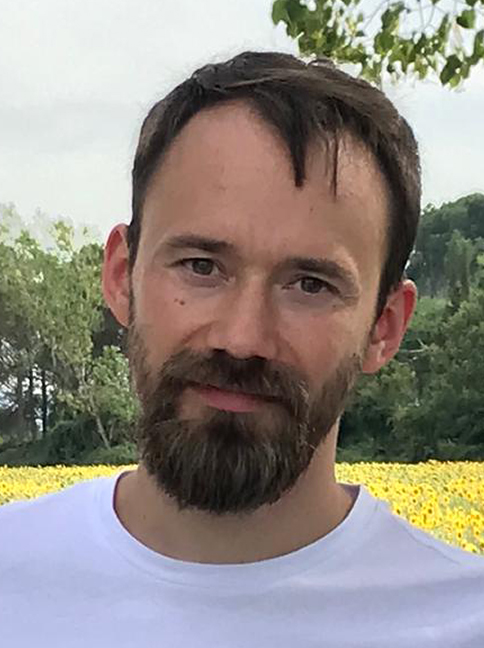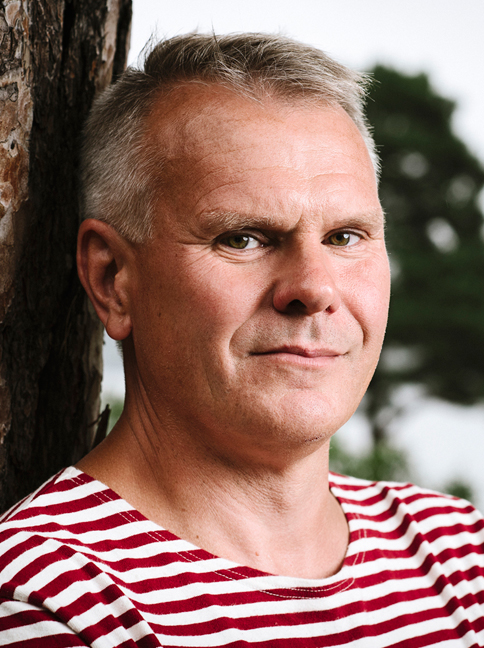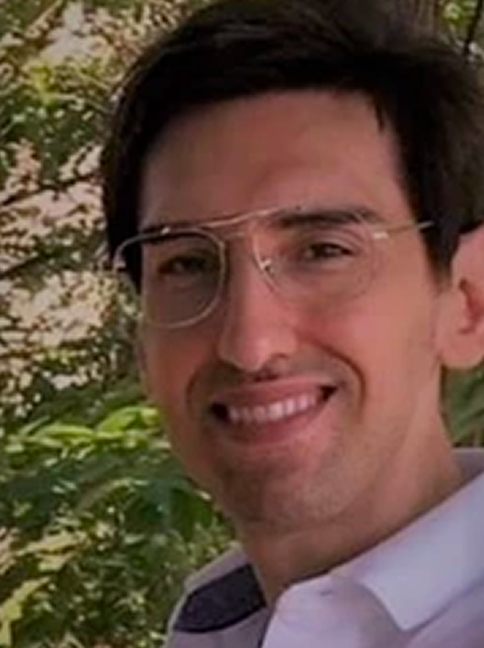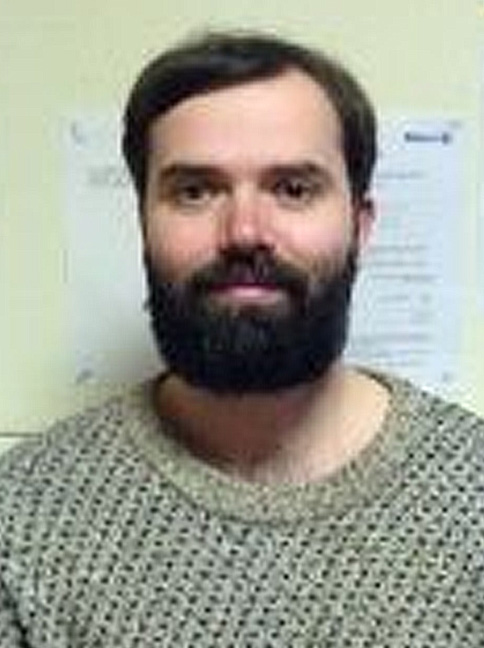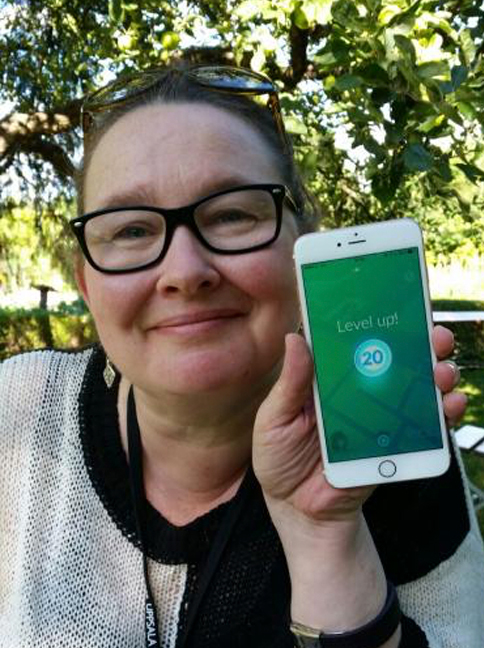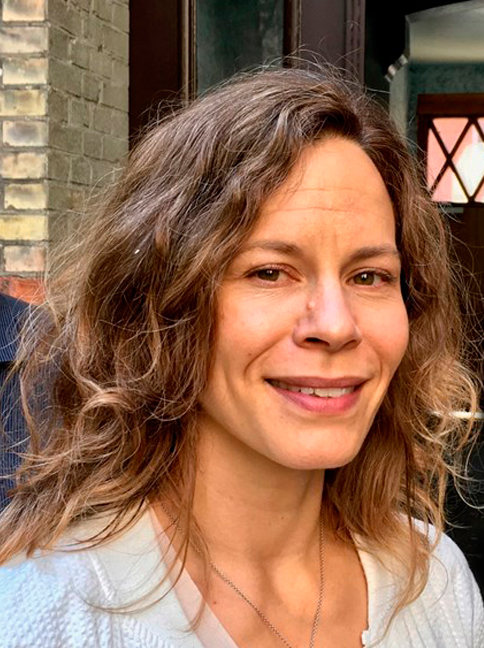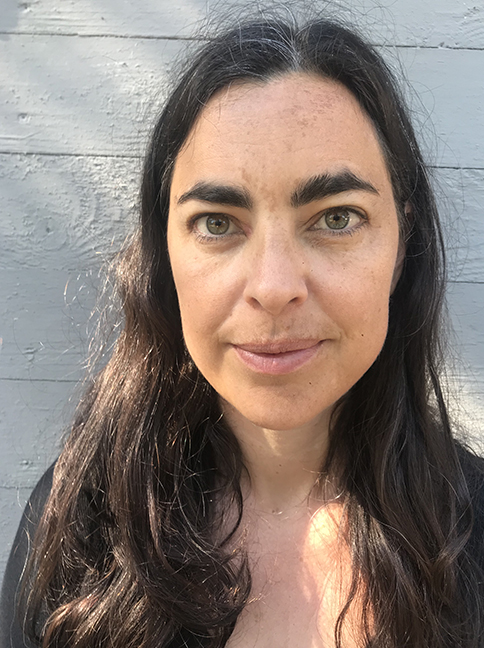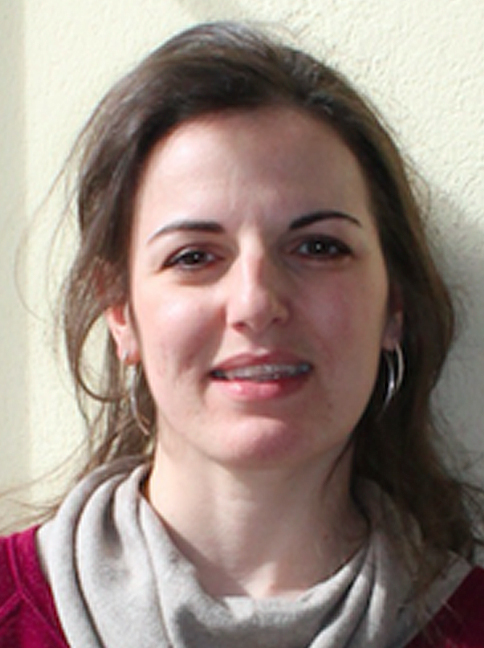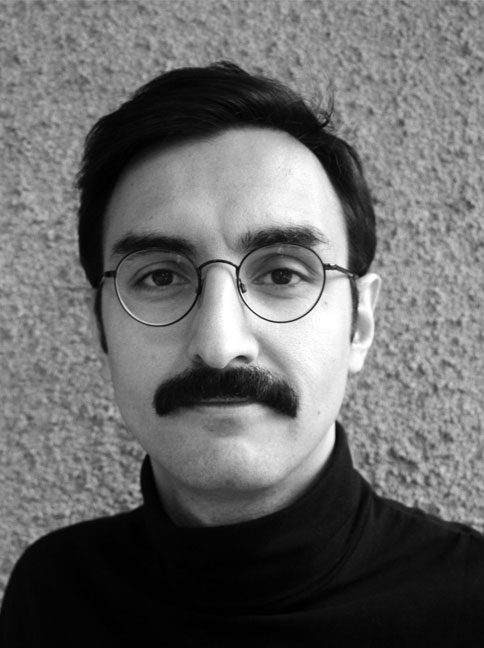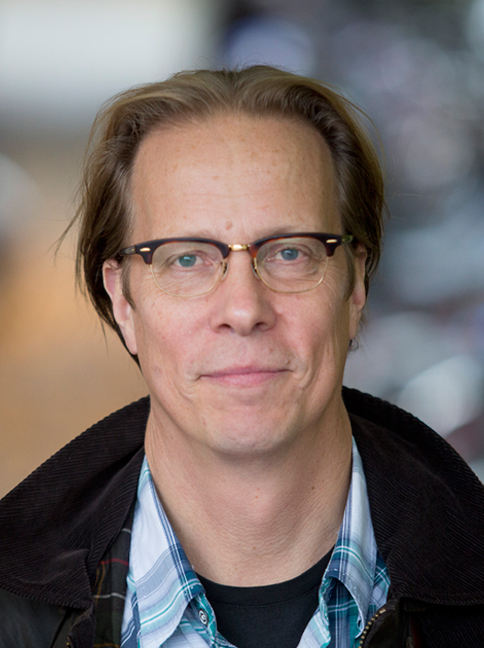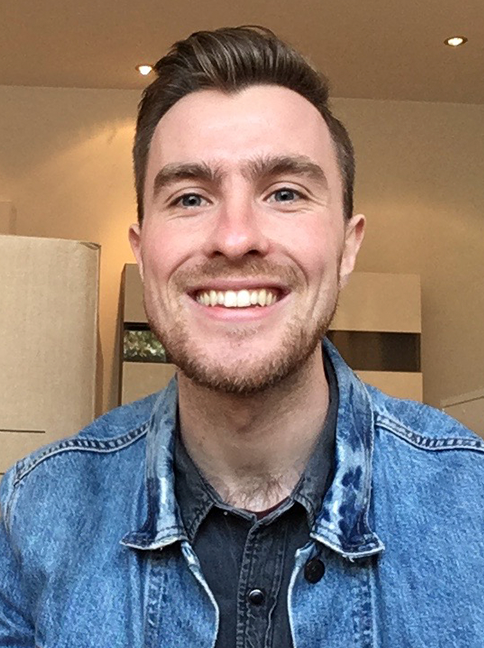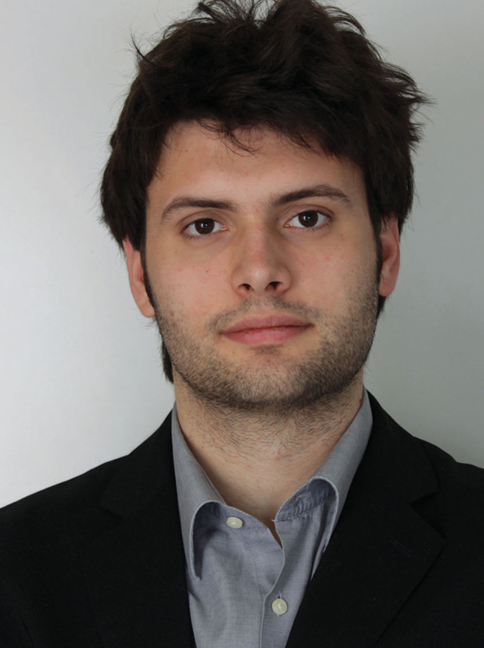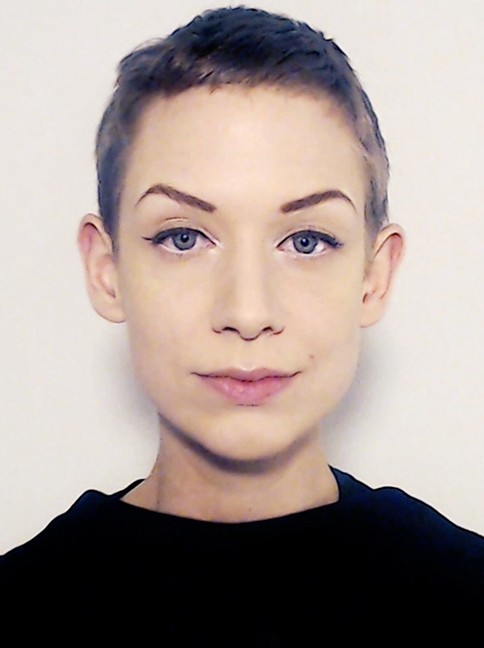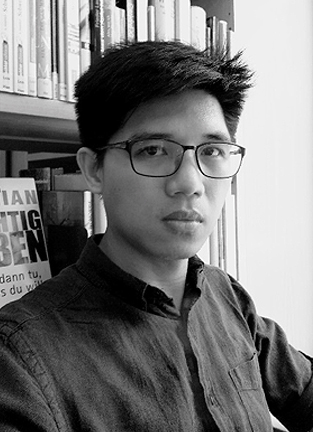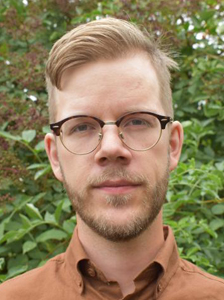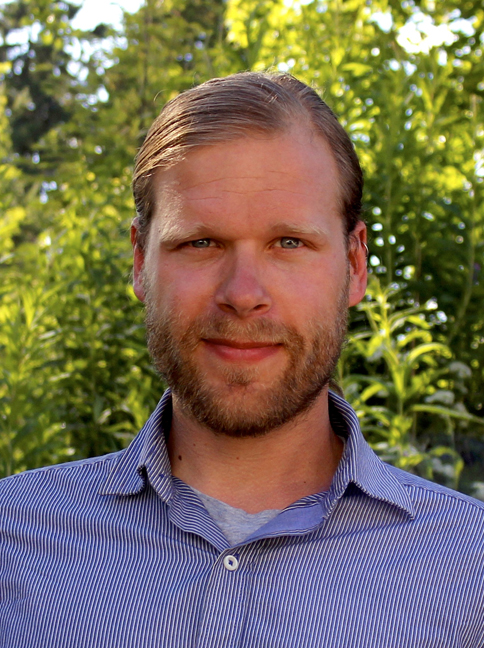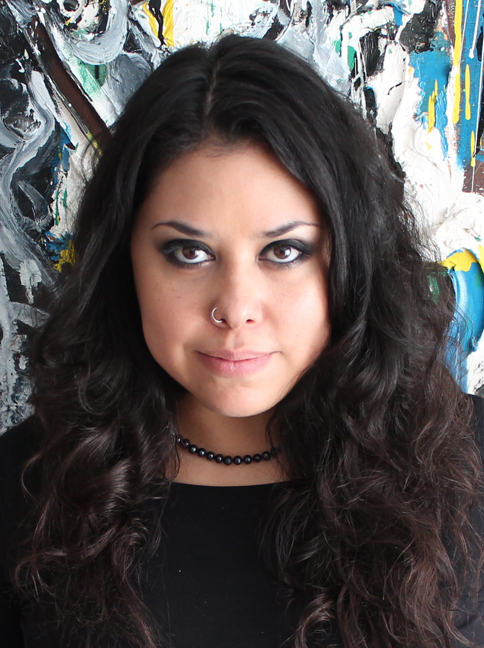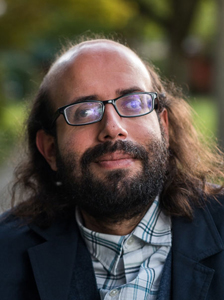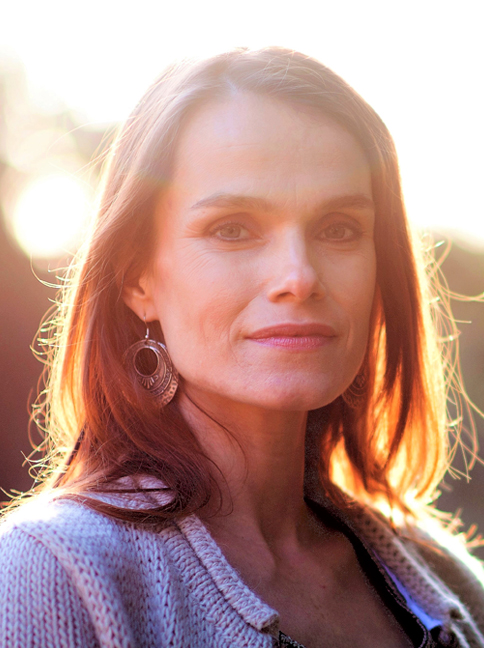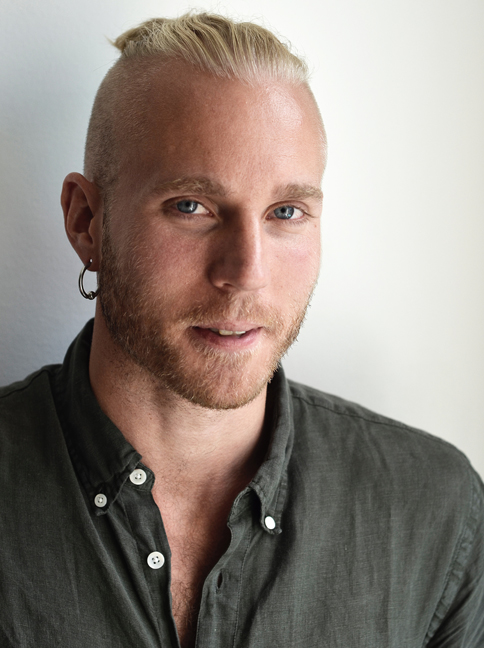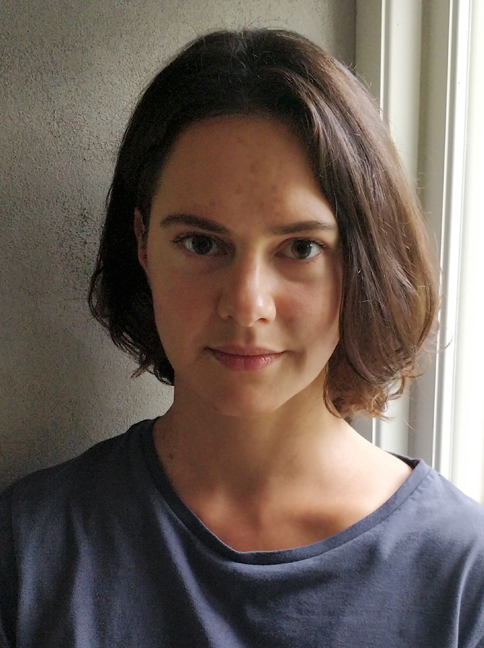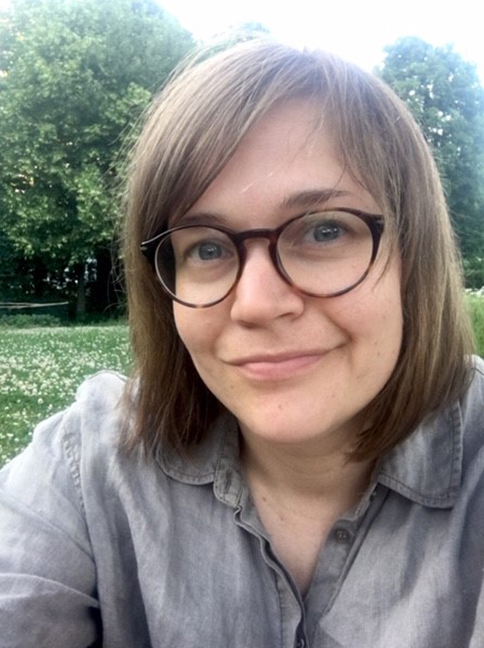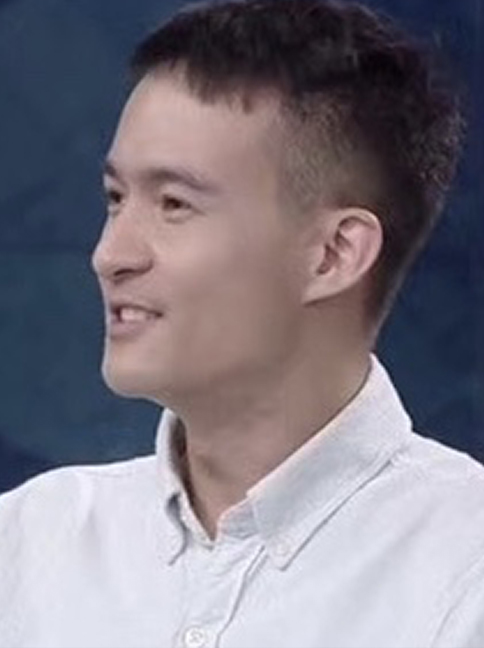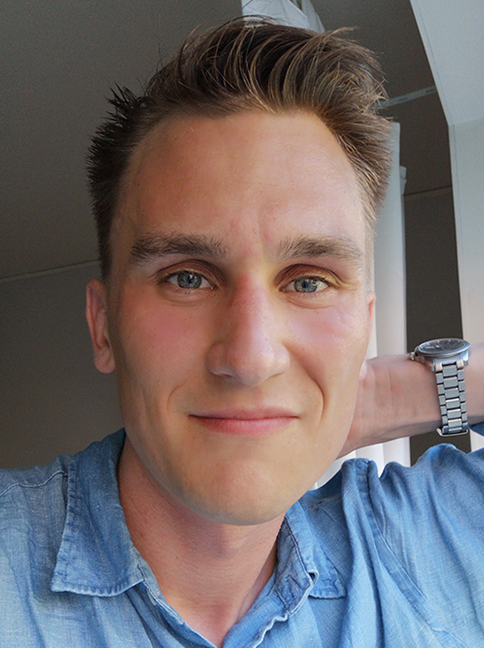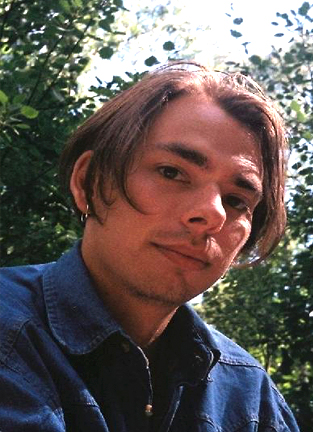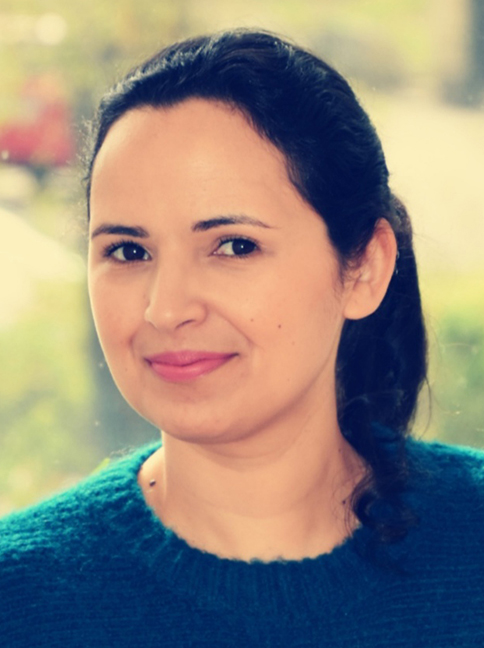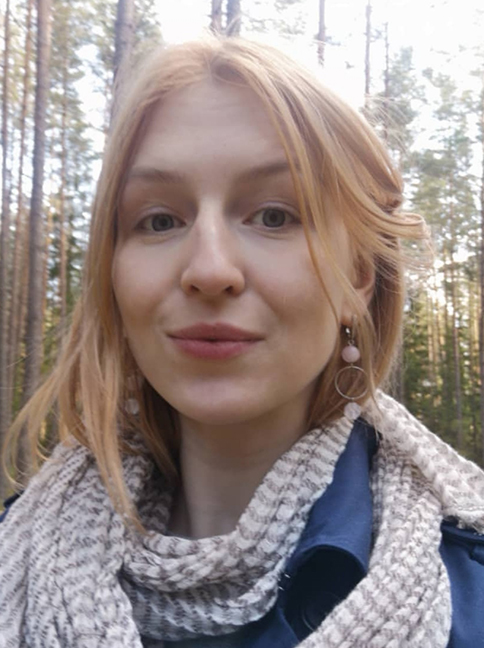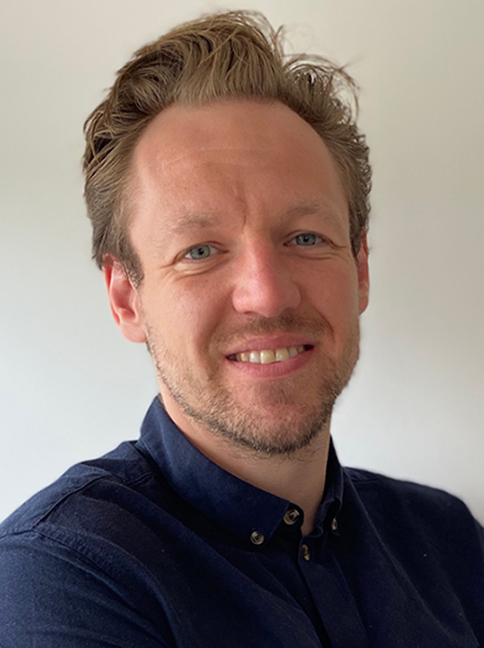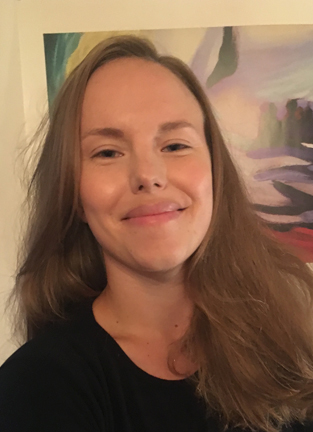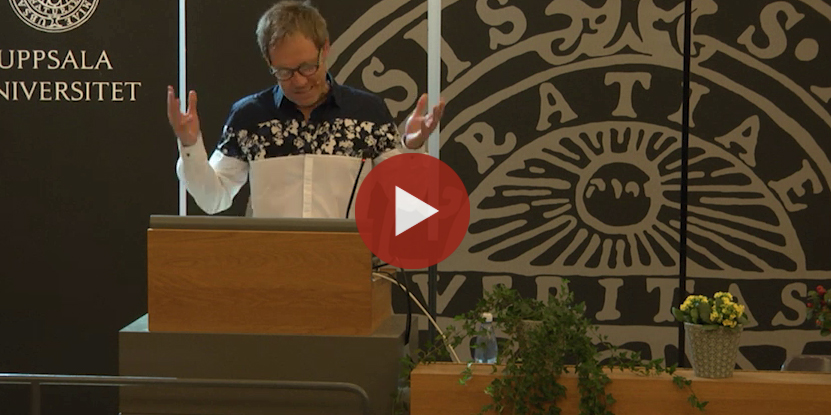This fall, from November to January, Stefan Sunandan Honisch will be giving a graduate course titled Disabilities, Cultures, and the Vulnerable Sensorium at Uppsala University.
Course description
Research at the intersection of Disability Studies and Anthropology raises new questions about the vulnerable sensorium across a range of cultural traditions, encompassing verbal and non-verbal forms of sense-making, communication, and interpretation. This course draws on Disability Studies, Philosophy, and Education to uncover the aesthetic and political layers embedded in a cluster of related binary oppositions:
- communication/miscommunication
- understanding/misunderstanding, and
- interpretation/misinterpretation.
Together, in both lecture and seminars, we will explore which sensory, physical, and cognitive abilities are understood as “common sense” requirements for successful communication, correct understanding, and valid interpretation within diverse social, cultural, and aesthetic practices. As we shall see, the standard definitions of miscommunication, misunderstanding, and misinterpretation to be found, for example, in Oxford English Dictionary, identify the “mis” as failure (1 & 2), and error (3). Individuals and communities excluded from dominant cultural traditions use a variety of approaches, tactics, and media to make sense of their lived experiences: written and oral transmission; communicative forms that include song, dance, poetry, and musical performance. Increasingly, electronic media is used by these groups to remake traditional “texts.” Who decides how to communicate, understand and interpret these forms? In this way, the diverse interpretive practices that different cultures use to draw out the meanings of texts (broadly defined) call into question neat distinctions between successful and unsuccessful communication, and challenge the dominant frameworks of knowledge required for accurate understanding, and valid interpretation. The very forms of membership that shape individual and collective identities within a given aesthetic and cultural context also mark exclusions. They make the marginalized invisible, they silence them, and they render them physically absent from these sites of practice.
The anthropological study of interpretive and communicative practices must therefore encompass the cultural norms that govern membership, while seeking to understand the experiences and perspectives of those excluded based on race, ethnicity, gender, sexuality, and disability. Rather than serving only as stable reference points for anthropological study, interpretive and communicative practices may thus be understood as forms of “dissensus,” described by Rancière (2004:139) as the conflict between a sensory presentation and a way of making sense of it, or between several sensory regimes and/or ‘bodies.’”
With this theoretical framing in mind, and focusing specifically on disabled people, disability, and sensory experience, we take up two main questions in this course:
- how do the interpretive practices within different cultures ascribe meaning to texts in relation to a normative sensorium capable of sensory experience, physical movement, and cognition defined as capable of producing good or correct understanding, communication, and interpretation?
- what forms of “dissensus” emerge through verbal and non-verbal forms of misunderstanding, miscommunication, and misinterpretation, when individuals and communities rendered invisible and inaudible, claim their rights to be present?
For more information, download the course description: Click on this link to download the course description.
How to apply
If you wish to apply, please submit a short description of your academic background. Applications are sent to Mats Hyvönen at mats.hyvonen@antro.uu.se no later than October 20.
This course is open to doctoral candidates from all fields. It is also open to masters students enrolled in one of Uppsala University's masters programs. Masters students who are interested in taking the course must first receive approval from the director of studies at advanced level at their own department. For masters students applying to the course, please fill in the following form [click on this link to download the form] and send it via email to Mats Hyvönen: mats.hyvonen@antro.uu.se

